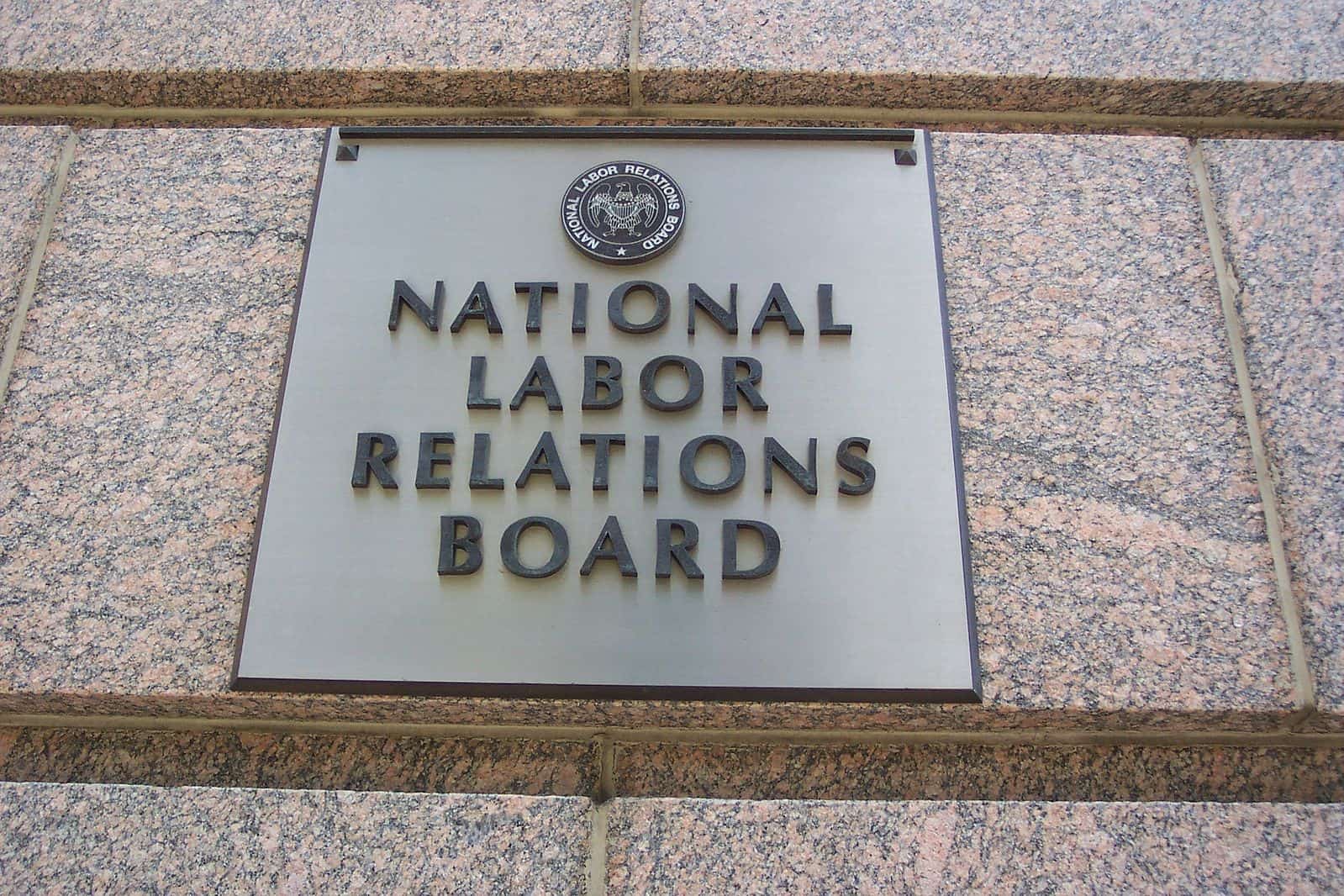
Fred Messner is a student at Harvard Law School.
The Washington Post published an analysis of an underdiscussed dynamic in the pandemic labor market: the dramatic increase in employee resignations in the manufacturing sector. Part of the increase is attributable to the elevated Covid risk present in a job that inherently cannot be performed remotely. But, the Post explained, the larger driver of the massive quit wave—the industry is down over 200,000 workers compared to pre-pandemic levels—is the long-term deterioration in the quality of manufacturing jobs. Although these roles are generally seen as secure and relatively high-paying, reality has been diverging from that perception for many years. Average manufacturing wages, which had exceeded other industries’ for decades, are now well below average, driven downwards by a decline in unionization and the implementation of two-tier wage structures that bar large swaths of workers from the benefits of union contracts even when they are in place. So far, the country’s lowest-paid workers have benefited the most from covid-era wage increases. “What happens in manufacturing,” the Post concluded, “will be telling [on whether] the next rung of workers [will] see similar big gains in 2022[.]”
The National Labor Relations Board’s case against Google for its anti-union activities between 2018 and 2020 took a small but meaningful step forward on Friday when an NLRB administrative law judge ruled that Google must “immediately” produce 180 internal documents over which the company had asserted attorney-client privilege. The documents relate to “Project Vivian,” a Google initiative described (approvingly) by a senior executive as an effort “to engage employees more positively and convince them that unions suck.” Key aspects of Project Vivian expected to come to light in the documents include the company’s decision to hire union-busting consulting firm IRI, its deliberations over whether to publish an anti-union OpEd, and discussions over Google employees’ opposition to forced arbitration. The case is not the only labor issue simmering at Google. Last Tuesday, sub-contracted Google Fiber technicians in Missouri filed a petition for an election with the NLRB. That case is expected to raise complex joint-employer issues, as the workers are technically employed by a local staffing firm.
Elsewhere in labor law, the American Prospect reported on the Board’s renewed interest in the “Independent Contractor Scam.” The article primarily focuses on the NLRB’s December 27th request for interested-party briefs on whether the definition of “employee” established under the Trump administration should be altered—and, presumably, broadened. But the Prospect also called attention to NLRB General Counsel Jennifer Abruzzo’s priority-setting 2021 memo, which included a directive to the Board’s regional offices to alert Washington D.C. of any cases that could squarely present the question whether misclassification itself could constitute an unfair labor practice under the NLRA. Given the extent of misclassification throughout the economy, the implications of a more realistic, more worker-friendly standard could be far-reaching.
Finally, the unionization drive at Starbucks continues apace. After the NLRB confirmed a pro-union vote at a Buffalo, NY store last month, certifying the first union at a company-owned Starbucks store, election petitions have come in droves. As of January 4, Business Insider noted unionization efforts at 10 stores across the country. And just this morning, workers at the 6th Street Starbucks in Cleveland announced their intention to organize. As Kylah Clay, a member of the organizing committee at a Boston-area Starbucks explained, “The more people, the more stores that organize and come together, the stronger we are. Buffalo is that first domino, and we hope that the Coolidge Corner and Allston stores can be the next domino here in Boston.”






Daily News & Commentary
Start your day with our roundup of the latest labor developments. See all
January 28
Over 15,000 New York City nurses continue to strike with support from Mayor Mamdani; a judge grants a preliminary injunction that prevents DHS from ending family reunification parole programs for thousands of family members of U.S. citizens and green-card holders; and decisions in SDNY address whether employees may receive accommodations for telework due to potential exposure to COVID-19 when essential functions cannot be completed at home.
January 27
NYC's new delivery-app tipping law takes effect; 31,000 Kaiser Permanente nurses and healthcare workers go on strike; the NJ Appellate Division revives Atlantic City casino workers’ lawsuit challenging the state’s casino smoking exemption.
January 26
Unions mourn Alex Pretti, EEOC concentrates power, courts decide reach of EFAA.
January 25
Uber and Lyft face class actions against “women preference” matching, Virginia home healthcare workers push for a collective bargaining bill, and the NLRB launches a new intake protocol.
January 22
Hyundai’s labor union warns against the introduction of humanoid robots; Oregon and California trades unions take different paths to advocate for union jobs.
January 20
In today’s news and commentary, SEIU advocates for a wealth tax, the DOL gets a budget increase, and the NLRB struggles with its workforce. The SEIU United Healthcare Workers West is advancing a California ballot initiative to impose a one-time 5% tax on personal wealth above $1 billion, aiming to raise funds for the state’s […]